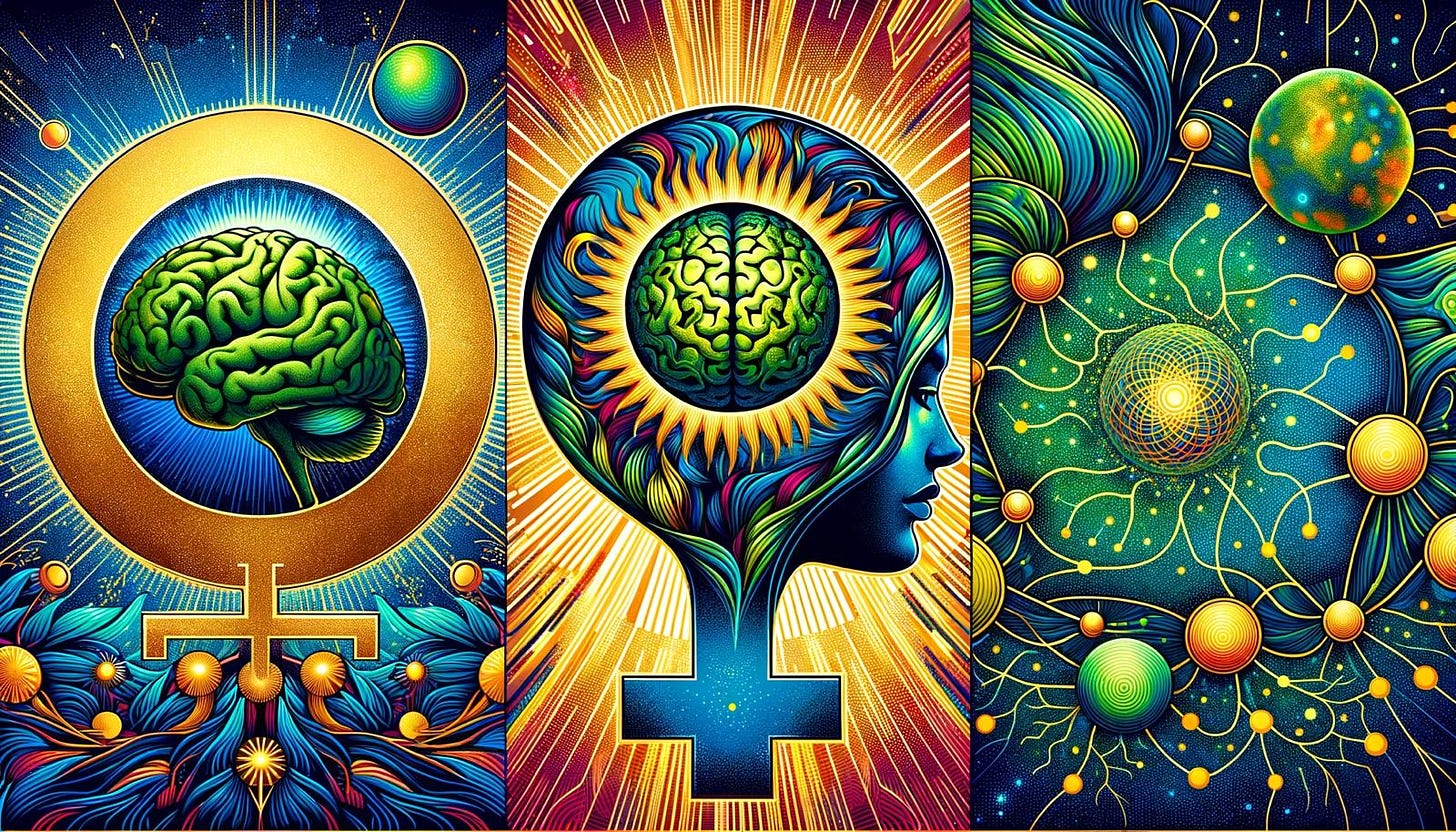You need a coach for every new level you want to achieve. You rarely have the same coach for your entire journey. That’s because we need coaches for different reasons. For example, earlier in your career, you needed to develop skills. Later, as you became a senior leader, you needed to learn how to lead others. Now, you want to make an indelible impact in your organization, industry, or community.
A leader who makes an impact is not the same leader who is merely successful.
If you are an impact-driven leader who wants to make a difference in the world, it takes courage to embrace a coaching approach that challenges you at the deepest level. Making an impact isn’t just doing the “right things”. You make an impact by becoming the kind of leader who inspires and creates impact. This a level of leadership that most never reach - not because they’re incapable, but because they don’t have the motivation nor the coach to get them there. Yes, this journey isn't for the faint-hearted, but it promises unparalleled growth and transformation.
Beyond Traditional Coaching
Traditional coaching models have their merit. They offer structure, accountability, tools, skills, and goal-setting strategies for working within traditional organizational structures to perform better, get promoted, and reach success. However, if your goal is to lead personal and systemic transformation, which are essential elements in the complex, multifaceted challenges that modern leaders face, you need a different kind of coaching.
Here's why traditional coaching often caps out for impact-driven leaders:
Improvement-oriented: Traditional coaching often focuses on fixing problems and improving skills. However, there is a significant difference between improving and transforming. You don’t transform yourself by getting better at the things that you already do.
Machine-based thinking: Traditional coaching is based on industrial-age models, where the focus is on continuous improvement. This creates a linear approach and oversimplifies cause-and-effect; causing leaders to miss the intricate interdependencies that influence outcomes in real-world scenarios.
“Better Matters” Paradigm: Conventional coaching is based on criteria for success that are a series of assumptions about what “better” looks like. Instead of challenging paradigms, it reinforces them - especially about leadership, organizational culture, and change in general.
The courage to go further begins with the courage to go deeper.
To move from leading a system to transforming one is a bigger leap than many leaders realize. It will challenge all of you - your mind, your ego, your body, your soul; which is why the starting point for transformation is you! This means finding a coach who isn't afraid to delve into the depths of your psyche, challenge your assumptions, and help you navigate the complexities of your environment.
Making an impact is more about changing the way you think, and not just about changing your behaviors. Transformation-based coaching is based on intentionally changing your mindset, your perceptions and understanding of others, your perspectives about the systems you are trying to transform, and the intentional actions that arise from this new perspective.
This is where a feminist framework, mindset work, and systems thinking come into play.
Feminist Framework: Embracing Inclusion and Equity
A coaching approach rooted in feminist principles goes beyond gender; it promotes inclusion, equity, and social justice. It challenges power dynamics and encourages you to question the status quo. Here's how it benefits you:
Enhanced Self-Awareness: By understanding how societal norms and biases impact your decisions, you become more aware of unconscious patterns that may be holding you back.
Empathy and Inclusivity: Embracing a feminist perspective fosters empathy and inclusivity, making you a more effective and compassionate leader.
Courageous Conversations: It empowers you to have courageous conversations about diversity, equity, and inclusion, which are essential for creating a thriving organizational culture.
Mindset Work: Transforming Your Inner World
Mindset work is about transforming your inner narrative and cultivating a growth-oriented mentality. It's about shifting from a fixed mindset to one that embraces challenges, persists in the face of setbacks, and sees the effort as a path to mastery. Here's why it matters:
Resilience and Adaptability: A growth mindset enhances resilience and adaptability, crucial traits in today’s fast-paced world.
Overcoming Limiting Beliefs: It helps you identify and overcome limiting beliefs, enabling you to confidently pursue ambitious goals.
Manage your ego: Mindset coaching helps you understand how your mind works and how your thoughts (your ego) generate emotions that drive your behaviors. When you identify your thoughts, especially those created by your overprotective ego, and recognize the emotions they create, you are better equipped to process those emotions, change your perspective, and act in ways that produce the results you want. Things just don’t happen, you make them happen.
Systems Thinking: Navigating Complexity with Clarity
Systems thinking equips you to see the bigger picture and understand the interconnections between various elements of your environment. This holistic approach provides several advantages:
Strategic Insight: Understanding how different components of your organization and industry interact can help you make more strategic and informed decisions.
Problem-Solving Prowess: It enhances your problem-solving skills by encouraging you to consider multiple perspectives and potential ripple effects of your actions.
Innovation and Agility: Systems thinking fosters innovation and agility, allowing you to adapt to changes and seize opportunities with confidence.
Questions for reflection
Ok, it’s time to sit with your journal and be honest with yourself.
Are you truly being challenged right now to grow into the leader you want become? Are you growing into the leader your organization needs right now?
What was the last experience you had that caused a radical change in your perspective about yourself or the world around you?
If you have a coach, are they helping you get better at what you already do or are they taking you on a transformational journey?
What is the impact you want to make in the world and what is that impact demanding of you?
Your answers to these questions are your map forward.
—---------------------------
If you are interested in transformation-based coaching, I’d love to visit with you! Please book a call with me.






